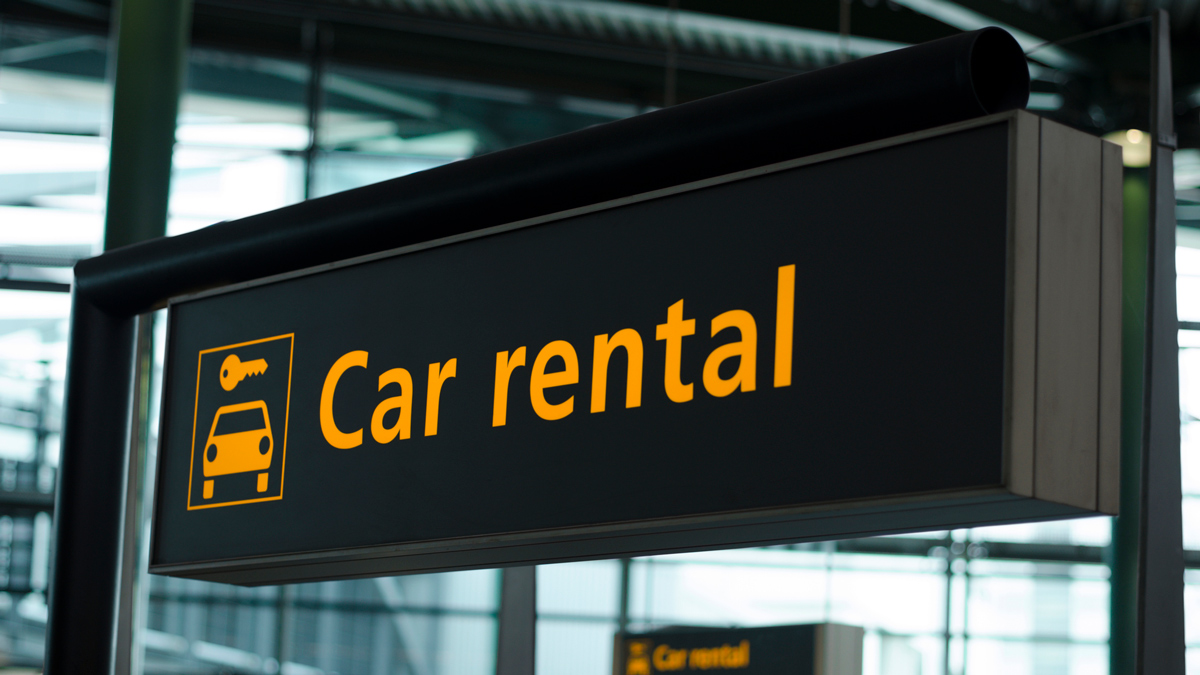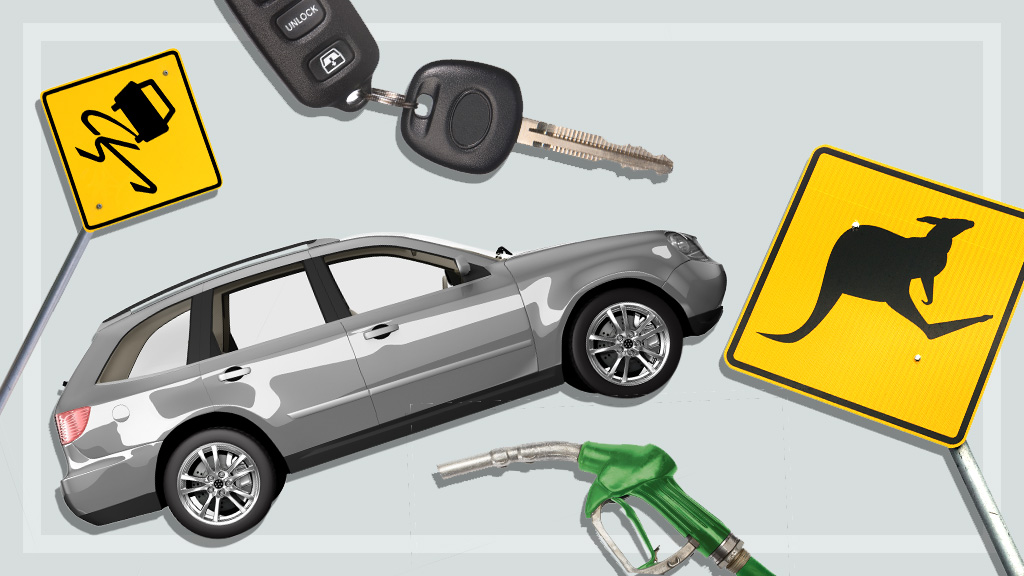Get our independent lab tests, expert reviews and honest advice.
How we assess car hire services

Ready for a road trip? We looked at the process for booking a hire car through Avis, Budget, Europcar, Hertz, SIXT and Thrifty, assessing how easy each website is to use, how detailed the rental contract is, and damage coverage provided by the rental company.
Ease of use score
Ease of use accounts for 30% of the overall score.
We go through all the steps required to book a vehicle via a web browser, on desktop and mobile devices. We do not assess each company’s app. Regular customers aside, it seems unlikely that potential customers would download and install an app to book a vehicle when the service is also available through web browsers.
When assessing ease of use, we look at:
- entering a pickup location and rental details (duration, age, country of residence etc.)
- selecting a vehicle type and model
- the supplied information and level of detail
- the degree to which prices change from the advertised cost to the final payment (e.g. hidden fees or extras)
- payment options
- other available features such as member bonuses, flight information and discount codes.
Contract score
The contract accounts for 70% of the overall score.
This score is based on the level of detail in the rental car contract, the amount of information provided, and whether it’s delivered in language that’s easy for the average consumer to understand.
When assessing contracts, we look at:
- ease of locating a complete copy of the rental contract on the website (rather than an abbreviated version)
- ease of understanding the contract, including layout, length and terminology used
- whether the rental company explains that their coverage is not the same as typical car insurance
- whether the company details pre- and post-rental inspection processes in the contract
- whether the contract clearly explains the length of time after the rental that damage or other charges can be made to the renter’s credit card
- other admin and usage specifications.
Collision Damage Waiver
Car rental companies don’t provide a lot of information about their Collision Damage Waiver (CDW, sometimes called a Loss Damage Waiver or an excess), so we haven’t scored it, but we have provided information for you to compare the typical level of cover for the car rental company’s cheapest available rental.
When assessing this, we look at:
- specific mention of parts likely to be damaged, such as tyres, lights and windscreen
- specific mention of damage scenarios, such as single or multiple vehicle accidents or contaminated fuel and whether towing is covered
- specific mention of damage caused by natural disasters
- specific mention of loss or theft
- specific mention of underbody and overhead damage cover
- any additional coverage options.
Why we don’t recommend any car hire services
You don’t need to look far to find car rental horror stories. Damaged vehicles, dodgy contracts, outrageous additional fees billed to the driver once the car has been returned – these sorts of stories pop up in the news and on social media all the time. All the companies we reviewed had several aspects that could be improved whether that be annoying booking processes on your mobile, right through to poor coverage for damage meaning renters are left with hefty bills.
But in the past five years, car rental companies have been investigated for (and some have admitted to) anti-consumer practices. During that time, the ACCC has clamped down on the industry and even gone as far as to prepare extensive guides on how to operate a car rental business under Australian Consumer Law. Yet we continue to hear negative feedback, and it’s usually directed at individual outlets or staff members.
Ongoing negative feedback means we will not be recommending any car rental services. However, people continue to use them, so we assess their performance and usability on the grounds that many CHOICE members will likely rent a vehicle at some point in the near future.





